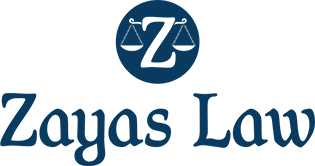Photographs Are Important Pieces of Evidence
Photographs play a crucial role as evidence in various legal contexts, particularly in personal injury claims. When pursuing compensation for injuries sustained due to someone else's negligence, photographic evidence can significantly strengthen a case by providing visual proof of the incident and its consequences.
In personal injury claims, photographs can document the scene of the accident, property damage, hazardous conditions, or other relevant details that may have contributed to the injury. These images help recreate the circumstances surrounding the incident, allowing insurance adjusters, attorneys, and potentially jurors to better understand what transpired.
Photographs of physical injuries are especially important in personal injury cases. These images offer concrete, visual evidence of the harm suffered.
Having Initial & Progress Photos
Immediate photos capture the full extent of the injuries at their worst, showing cuts, bruises, swelling, or other visible trauma in vivid detail. Initial injury photos also:
- Establish timeline. These photos prove when the injuries occurred, linking them directly to the incident in question.
- Corroborate medical reports. Visual evidence supports and reinforces written medical assessments, providing a clear picture of the initial damage.
- Demonstrate pain and suffering. Graphic images of injuries can convey physical and emotional distress more effectively than words alone.
Photos taken throughout the healing process can act as a record of the recovery journey and the continued impact of the injury on your life. If healing doesn't proceed as expected, photos can document any complications or secondary issues that arise, and these photos can prove you are adhering to the recommended treatment program.
Photos capturing cuts, bruises, fractures, or other visible injuries immediately after the incident and throughout the recovery process can demonstrate the severity and progression of the injuries. This visual documentation can be particularly compelling when:
- Negotiating with insurers. Photos provide concrete evidence to support claims when dealing with insurance adjusters, potentially leading to fairer settlements.
- Litigating the case. If a case goes to court, these images can be presented as exhibits, giving judges and jurors a clear understanding of the injuries and their impact.
- Talking with medical professionals. Progress photos can assist healthcare providers in assessing healing and adjusting treatment plans as needed.
- Calculating damages. The visual record of injuries and recovery can help in accurately estimating both economic (medical expenses, lost wages) and non-economic (pain and suffering) damages. While economic damages cover your actual financial losses, photos can emphasize how needed claimed losses were.
- Refuting defense claims. If the opposing party tries to downplay the severity of injuries, photographic evidence can effectively counter such arguments.
- Demonstrating lifestyle impact. Photos showing how injuries affect daily activities can illustrate the broader impact on the victim's quality of life.
- Supporting expert testimony. Medical experts can use these photos to explain injuries and recovery processes to non-medical professionals involved in the case.
- Preserving evidence. Memories fade, and physical signs heal, but photographs preserve crucial evidence that might otherwise be lost over time.
Here to Help You Pursue Compensation for Your Injuries
Zayas Law Firm has been establishing itself as a trusted and experienced firm since 1990. For over 30 years, our attorneys have dedicated ourselves to helping clients fight for their right to fair compensation when injured due to someone else’s negligence. Let us help develop a case strategy, collect evidence, negotiate or litigate the case, and do the heavy lifting while you focus on your recovery.
Our attorneys handle a wide range of cases, including:
- Pedestrian accidents
- Motor vehicle, motorcycle, and truck accidents
- Bicycle accidents
- Slips and falls
- Intentional torts
- Snow and ice injury claims
- Nursing home neglect
- Product liability
- Medical malpractice
- Wrongful deaths
- Premises liability
Contact us online or via phone to request a case consultation today. We are reachable at (860) 854-9156.


